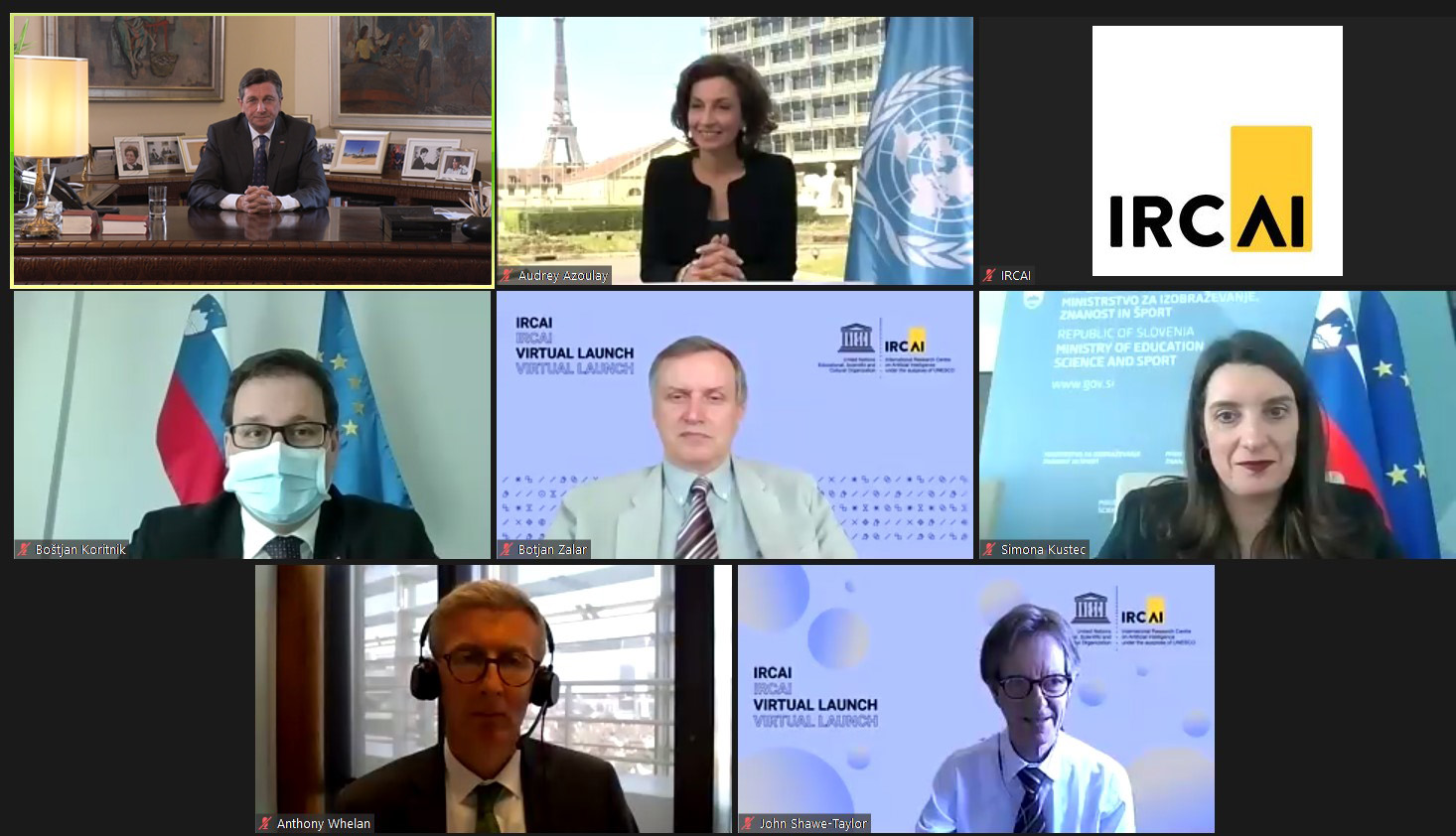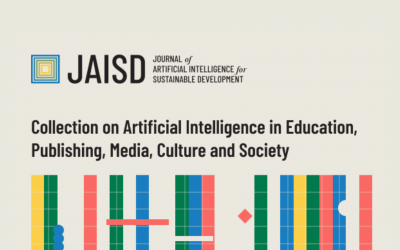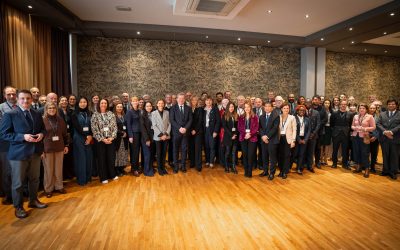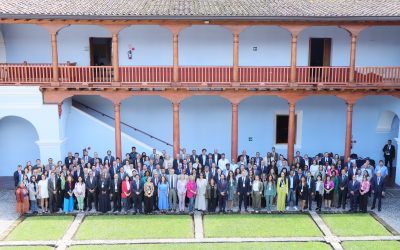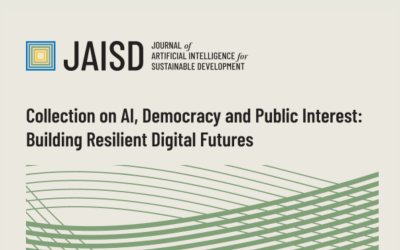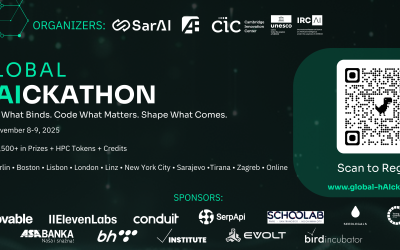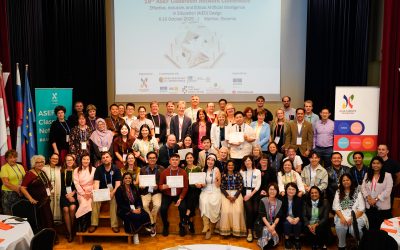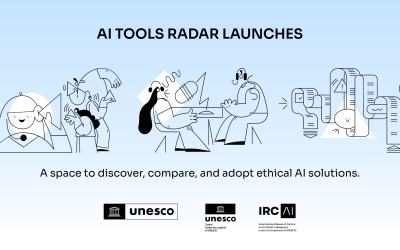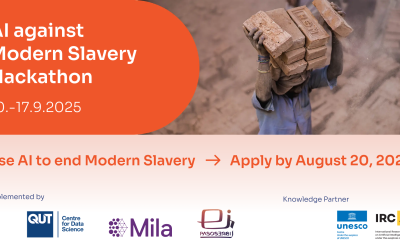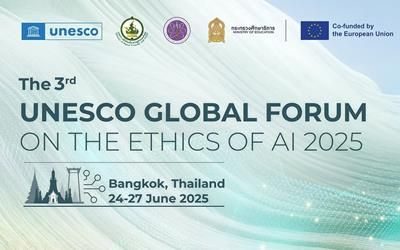On March 29 and 30 2021, the IRCAI launch event took place. 1083 registered participants from 123 countries attended and were addressed by esteemed speakers on the first day of the event. Participants came from all geographical regions of United Nations: African, Asian-Pacific, Eastern European, Latin American and Caribbean and Western European states. Non-registered participants were also invited to watch the event via live streaming on YouTube. The launch was created with input from 33 active speakers and panelists.
In his speech, the President of the Republic of Slovenia, Mr. Borut Pahor, emphasized that the establishment of IRCAI in Ljubljana is a great recognition for Slovenian researchers and the Jožef Stefan Institute who have been working on artificial intelligence in Slovenia for several decades. According to President Pahor, artificial intelligence is a tool for a better life and offers great opportunities “for progress, for more accessible and efficient public services, quality education and better access to information, and helps us fight climate change, introduce new forms of mobility and use energy more efficiently.”
The Director-General of the United Nations Educational, Scientific and Cultural Organization (UNESCO), Ms Audrey Azoulay, who attended the event live from Paris, regretted that she could not be there live as originally planned and welcomed IRCAI to the UNESCO family. “IRCAI has become a space that directs academic and human resources to research topics within the mandate of UNESCO, which, as you know, includes education, culture, science and information,” adding that despite the large number of UNESCO centers, none yet deals with artificial intelligence. “Thanks to IRCAI, we now have the support of an entire team that is directing its diverse skills to ensure that artificial intelligence is used in a way that serves the common good. We are fortunate to have an ally like this to help make our ambitions reality,” she added, explaining the important role IRCAI played in drafting the UNESCO Recommendation on Ethical Artificial Intelligence and personally thanking the team for their efforts in leading the regional consultation on the draft recommendation. “We have already had a glimpse of the potential of this partnership. This inauguration is therefore very promising,” she concluded.
The Minister of Education, Science and Sport of Slovenia,Prof Simona Kustec stressed the importance of cooperation in creating opportunities to address current challenges, including through artificial intelligence, and called on all participants to work together. The Minister of Public Administration of Slovenia, Mr Boštjan Koritnik stressed that “Slovenia aims for a high quality and ethical use of artificial intelligence that citizens can trust” and emphasized that artificial intelligence will be one of the main priorities during the Slovenian EU Presidency.
The development of artificial intelligence in Slovenia was also highlighted by prof. Boštjan Zalar, Director of the Jožef Stefan Institute, who stressed that the Institute has a 40-year history in the development of artificial intelligence, over 70 major projects in various departments of the Institute and that in his opinion IRCAI can further strengthen these achievements.
Support for IRCAI was also expressed by the representative of European Commission with which IRCAI has many strategic synergies. Anthony Whelan , Digital Policy Adviser from the cabinet of European Commission President Ursula von der Leyen noted, “It is indeed a nice coincidence that the Slovenian Presidency is preparing to work with such an excellent asset at its doorstep, and we hope that this will also serve as a flagship for international efforts. “
The sequence of events leading to the establishment of IRCAI and the results of the Center’s work so far were presented by its Director, Prof. John Shawe-Taylor. “IRCAI has already established active cooperation with a wide range of international organizations, which it intends to further strengthen and expand,” he said in his speech. Among other things, he called for active participation through projects listed on the Center’s website.
On the first day, a panel discussion, which included several speakers from African countries, focused on building a global artificial intelligence community. The second day of the event focused on presentations of the results of IRCAI activities, opportunities for collaboration, and the use of artificial intelligence tools to support the achievement of Sustainable Development Goals. Presentations were given by IRCAI Program Committee representatives Aidan O’Sullivan, Colin de La Higuera, Catherine Holloway and Delmiro Fernandez-Reyes.
Analyzes of 6 Regional Consultations on UNESCO recommendation on AIethics and IRCAI ethics andregulatory approaches were presented alongside panel discussions on the issues of the need for policy action on AI. IRCAI Funding and Innovation Program: Social Impact Bonds, AI policies around the world and AI Global Observatory were also presented by IRCAImember organizations Daniel Miodovnik, Mark Minevich and Marko Grobelnik respectively. The presentations included 5 reports co-authored by IRCAI representatives: Artificial Intelligence in Sub-Saharan Africa, Artificial Intelligence Needs Assessment Survey in Africa, UNESCO Ethics of AI Recommendation Regional Consultations, Opinion Series Reports: UNESCO Ethics of AI Recommendation Regional Consultations, Responsible Artificial Intelligence in Sub-Saharan Africa and Powering Inclusion: Artificial Intelligence and Assistive Technology.
A call for collaboration has also been launched to join IRCAI, which is actively working on 10 projects to be implemented by 2021. These are all designed to scale and deploy AI to achieve the Global Challenges that the Center has set out to achieve. IRCAI is seeking partnerships with, International Organizations, governments, companies, NGOs, universities, research institutes, AI consortia and government agencies around the world to implement these projects.
